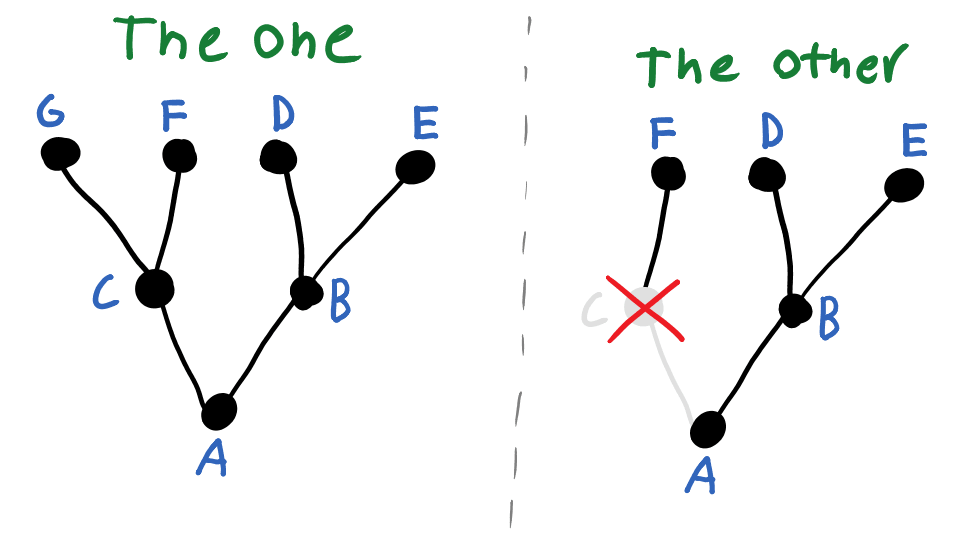Why rationalists should care (more) about free software
cross-posted to pan narrans Why rationalists should care (more) about free software especially if you want to upload your brain > In the limit condition freedom of compute is freedom of thought. As we offload more of our cognition to our computational devices we expose a new threat surface for...

GeneSmith gave some more details about his background in this episode of the Bayesian Conspiracy podcast: https://www.thebayesianconspiracy.com/2025/02/231-superbabies-with-gene-smith/